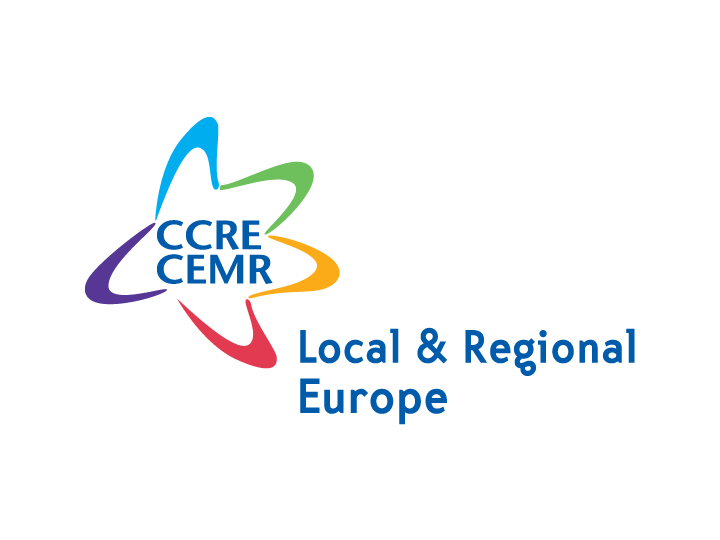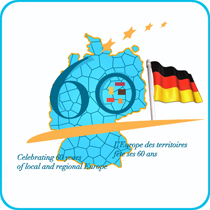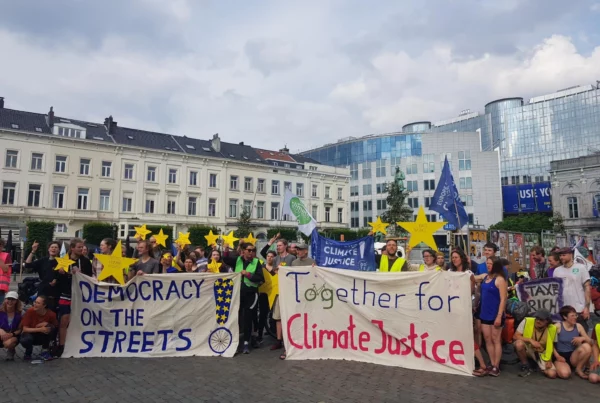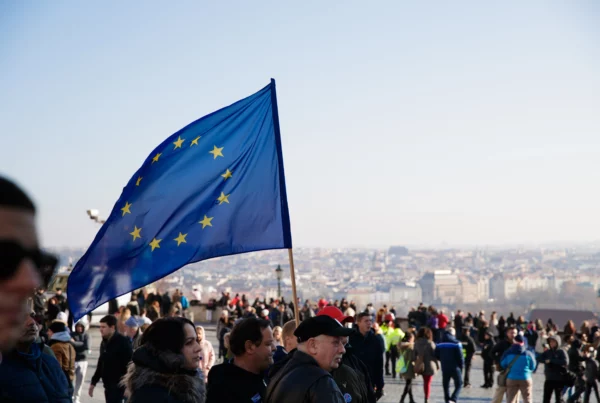Weekly Focus: German municipalities underline importance of new forms of town twinning links
Rat der Gemeinden und Regionen Europas (RGRE) is CEMR's German section and presided over by Wolfgang Schuster, president of CEMR and mayor of Stuttgart. It currently represents a total of 600 cities, municipalities and counties. The other three German associations are also members of RGRE.
Germany is a federal state composed of 14 000 cities and municipalities (Gemeinden), 300 districts (Kreise) and 16 federal states (Länder).
rn

Climate, Sustainable Finance Officer






